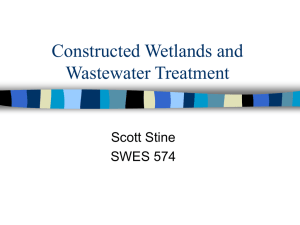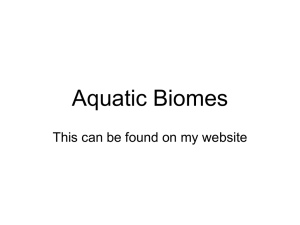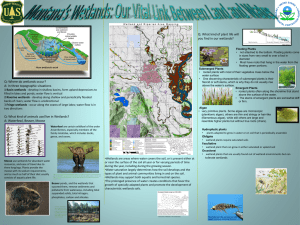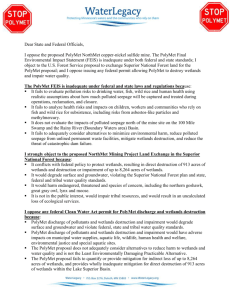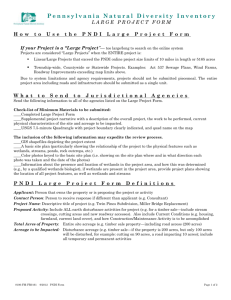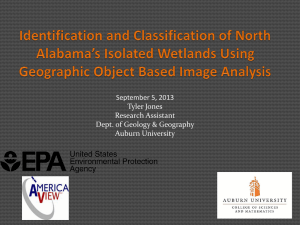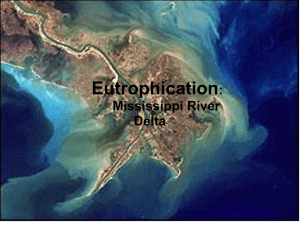Saving Wetlands pays big dividends
advertisement
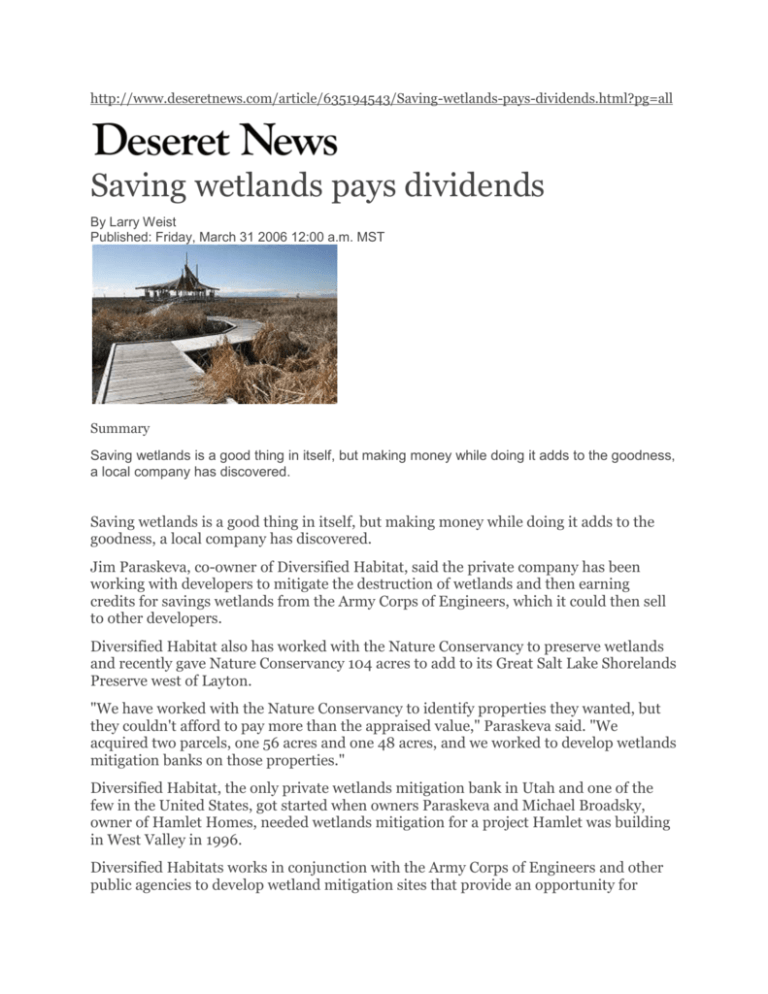
http://www.deseretnews.com/article/635194543/Saving-wetlands-pays-dividends.html?pg=all Saving wetlands pays dividends By Larry Weist Published: Friday, March 31 2006 12:00 a.m. MST Summary Saving wetlands is a good thing in itself, but making money while doing it adds to the goodness, a local company has discovered. Saving wetlands is a good thing in itself, but making money while doing it adds to the goodness, a local company has discovered. Jim Paraskeva, co-owner of Diversified Habitat, said the private company has been working with developers to mitigate the destruction of wetlands and then earning credits for savings wetlands from the Army Corps of Engineers, which it could then sell to other developers. Diversified Habitat also has worked with the Nature Conservancy to preserve wetlands and recently gave Nature Conservancy 104 acres to add to its Great Salt Lake Shorelands Preserve west of Layton. "We have worked with the Nature Conservancy to identify properties they wanted, but they couldn't afford to pay more than the appraised value," Paraskeva said. "We acquired two parcels, one 56 acres and one 48 acres, and we worked to develop wetlands mitigation banks on those properties." Diversified Habitat, the only private wetlands mitigation bank in Utah and one of the few in the United States, got started when owners Paraskeva and Michael Broadsky, owner of Hamlet Homes, needed wetlands mitigation for a project Hamlet was building in West Valley in 1996. Diversified Habitats works in conjunction with the Army Corps of Engineers and other public agencies to develop wetland mitigation sites that provide an opportunity for developers whose projects are impacting existing wetlands to buy credits for new or improved wetlands developed by Diversified Habitat. Diversified basically uses the "no-net-loss" of wetlands policy of the Corps of Engineers to preserve and enhance existing wetlands that meet the Corps' standards and receives a credit for each acre. Those credits can be "banked" and then sold at a profit to developers who will be ruining existing wetlands and need the credits to keep the total number of wetlands intact and the Corps of Engineers happy. A usual practice for Diversified Habitat is to buy wetlands and put in a series of dikes, berms and water-control structures to create and enhance wetlands. Under agreement with the Corps, Diversified monitors the lands for at least five years. At the end of the period, the Corps reviews the project and then releases Diversified from future monitoring. At that point, the company can sell the land. In the case of the donation to the Nature Conservancy, Diversified gave the 104 acres to the nature group and also $37,000 to help maintain it for the long term. The land has been added to the Great Salt Lake Shorelands Preserve. Chris Montague, director of conservation programs for the Nature Conservancy, said the additional 104 acres now brings the Great Salt Lake Shorelands Preserve up to a little more than 4,000 acres and nearly 12 miles of protected shorelands. "This new strategy for wetlands conservation has not been used all that much, but it turned out to be a good method of helping us and the private sector. They, Diversified Habitat, bought some property we wanted 10 years ago but couldn't afford. They really improved it and created wetlands and got mitigation credit from the Army Corps of Engineers. "They could sell the credits on the market to developers who needed to mitigate small amounts of wetlands, say one or two acres, and the Army allowed them to buy a credit or two from the Diversified mitigation bank." The 104 acres given to the Nature Conservancy is in the middle of the existing shorelands preserve, so it is required to keep it wetlands forever. The Nature Conservancy has another wetlands preserve near Moab that consists of close to 1,000 acres. Montague says the group is fighting the clock as land is developed. "We're still trying to acquire other parcels to preserve, but there will come a time when we can't get anymore. We're racing the clock before everything is developed." Diversified Habitat has one 123-acre site northwest of Salt Lake City International Airport and about 25 credits left in the bank, Paraskeva said. "That will probably be our last project and then we will go out of business. Some things have changed over the past 10 years; it's more expensive to buy land, the Corps has made the process more difficult, but the biggest impact was the Supreme Court rulings a couple of years ago that essentially eliminated little pockets of land that was the core of our business." E-mail: lweist@desnews.com

